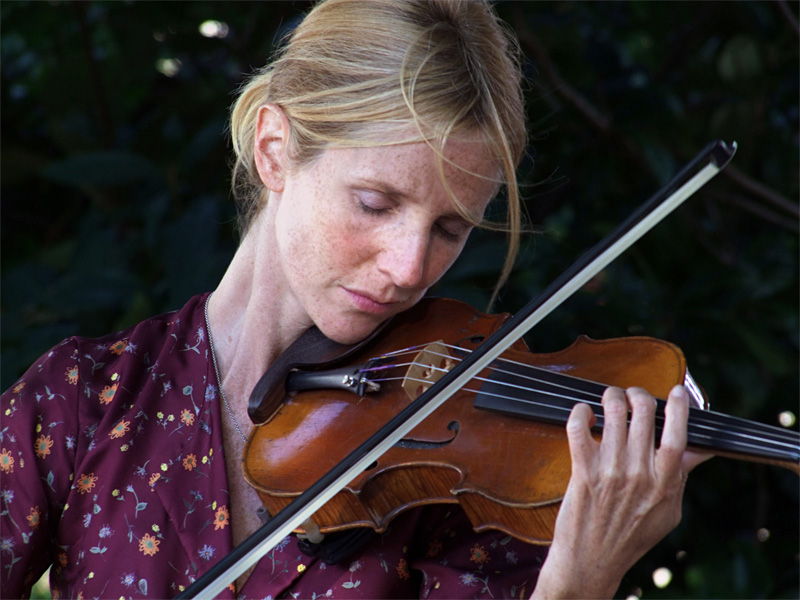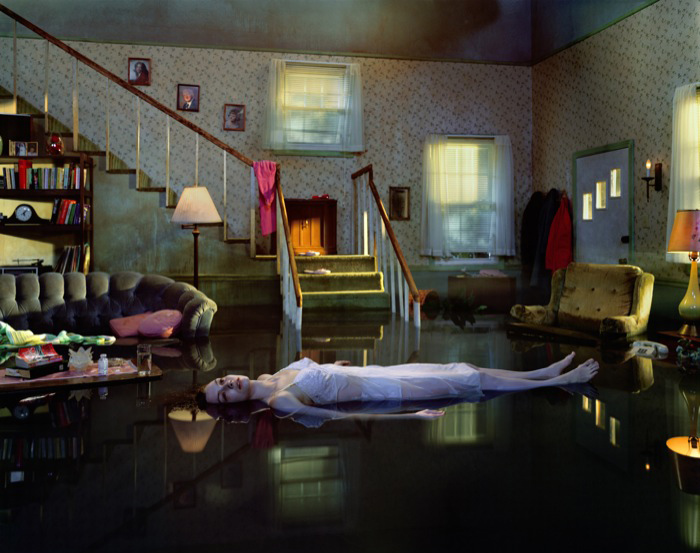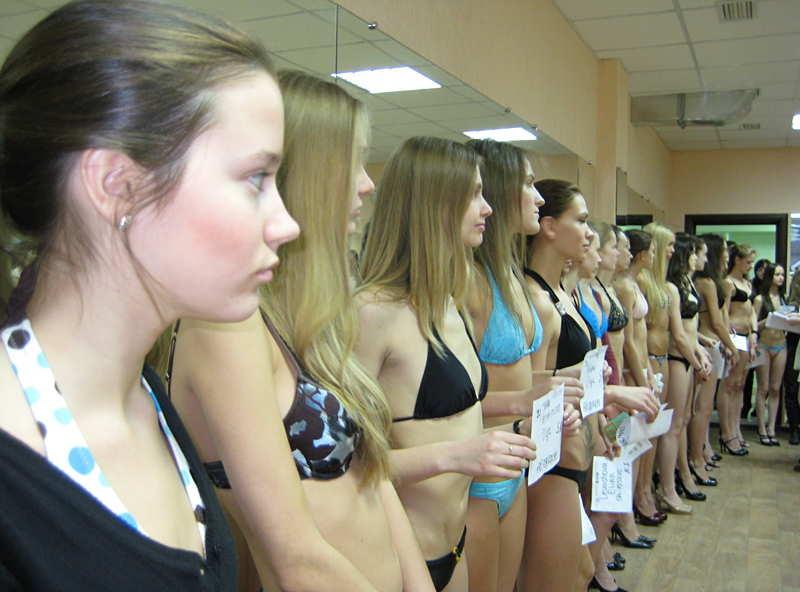Discreetly drawn and elegantly photographed, Mademoiselle Chambon gives a French working-class love triangle the Brief Encounter treatment. With long, steadfast takes and portraiture framing, director Stéphane Brizé creates an atmosphere that cradles the delicate connection that develops between her main characters, a bricklayer named Jean (Vincent Lindon) and his young son’s teacher, Mlle. Chambon (Sandrine Kiberlain). That the two actors are married but currently separated in real life makes sense of the distant, almost painful recognition with which Chambon first regards the coarse but gentle Jean, who is contentedly married to Anne-Marie (Aure Atika) when they meet. Brizé teases out the tyranny of attraction from a largely wordless, almost anthropological remove: Jean’s stress over his ailing father and Chambon’s appealing way with a violin notwithstanding, their bond remains mysterious, even to them. The film’s operative tension (will they or won’t they?) wavers toward the end, when a pregnancy cramps the couple’s otherwise smooth course of unresolved mooning; in the absence of that tension, the style swells with self-importance. When decision time finally arrives for Jean, it’s a relief to see something definitive happen—although by then, the film has grown too gestural to deliver that final punch to the gut.
Mademoiselle Chambon: French Romance Across the Class Divide








